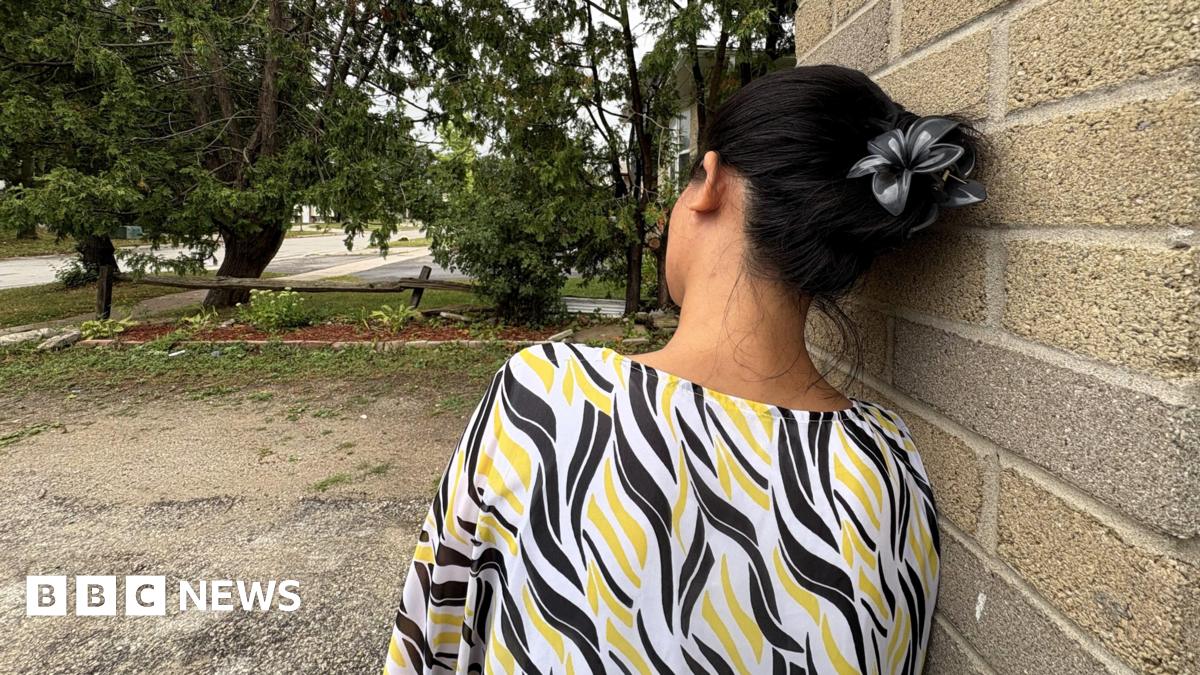In response to questions from the BBC about the family’s case, a senior official with the US Department of Homeland Security (DHS) says, “ICE would happily return them to their origin country” should they request a voluntary departure.
They add that the US “is NOT going to pass off illegal aliens seeking asylum from our country to Canada and vice versa. This is part of being good neighbors and partners”.
Adam Sadinsky, one of the family’s Canadian lawyers, said Canada has an opportunity to allow this family to be reunited.
“We don’t want Canada to be complicit in this treatment, and the potential result that they could be sent to any number of countries with their own abysmal human rights record,” he tells the BBC.
Mr Sadinsky also argues that allowing them to enter Canada would be in line with the Safe Third Country Agreement, which contains exemptions aimed at reuniting families.
In a statement to the BBC, Immigration, Refugees and Citizenship Canada says it would not comment on the family’s case, citing privacy legislation.
The case poses a conundrum for Canadian officials, says immigration lawyer Richard Kurland.
Mr Kurland, who is not involved with their case, told the BBC that allowing entry to the family could set a precedent for others in ICE detention with ties to Canada. “How can you say ‘yes’ to just one family, and then, ‘no’ to everyone else?”
But he adds that he believes both Canada and the US have a responsibility to at least ensure the family is not sent back to Afghanistan.
“It’s cruel for the US not to rule out the Kabul flight,” he said. “The Americans know what is in store, because they were right there in Kabul for over 20 years.”
For now, Asal and her family in Canada continue to agonise about the case, wishing for a reunion.
“Trust me when I say that I cannot sleep most of the night,” she said.
But she is hopeful Canadian officials come through and “that they will not leave us alone in this situation”.
